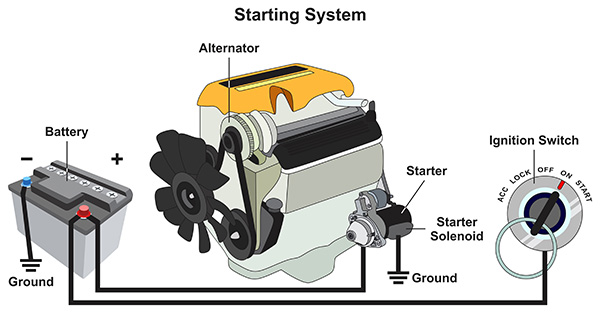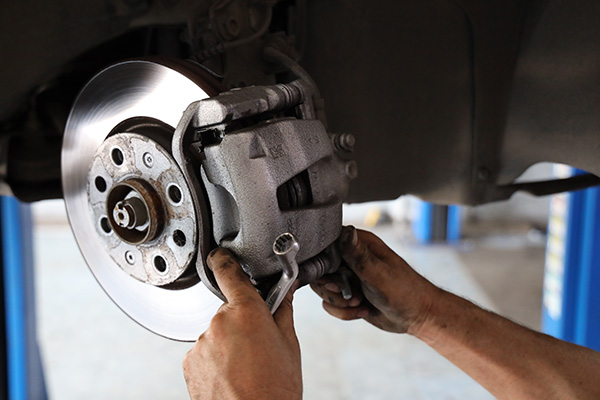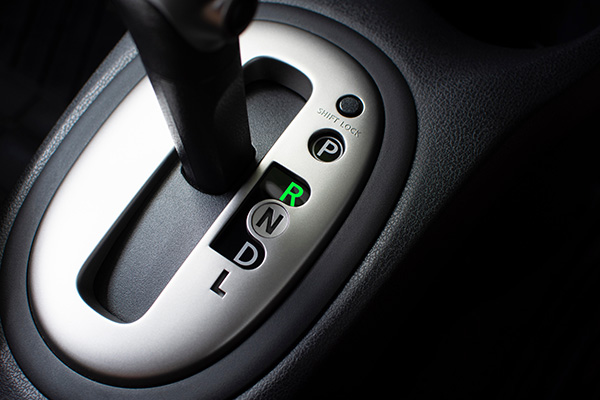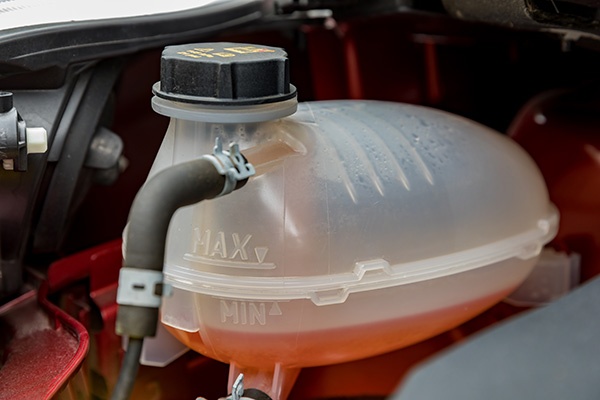Posted on 1/30/2026

It’s a weird feeling when the dash lights up like everything’s fine, but the engine refuses to start. The radio turns on, the headlights work, maybe the screen boots up, and yet the car won’t crank the way it should. This is one of the most common scenarios we see, and the fix depends on one key detail: what happens when you turn the key or press the start button. The difference between a click, a slow crank, or a normal crank that never fires tells you a lot. Why Lights Can Still Work When The Engine Won’t Start Your lights and accessories need far less power than your starter motor. A weak battery can have enough voltage to run the dash, but not enough capacity to spin the engine. Think of it like having enough water pressure to wash your hands but not enough to run the sprinkler system. That’s why “the lights come on” doesn’t rule out the battery at all. Connections matter too. Corroded terminals or a weak ground c ... read more
Posted on 12/19/2025

A little brake squeak can make you wonder if something is about to fail or if it is just an annoyance. Some noises are harmless side effects of how modern brakes are built, while others are early warnings that the pads, hardware, or rotors need attention. Learning how to tell the difference can save you from guessing and from waiting too long on a real problem. Why Brakes Start to Squeak in the First Place Brake pads create friction against the rotors, and that friction can easily turn into sound. When the pad surface and rotor vibrate at certain frequencies, you hear that as a squeak or chirp. Moisture, light surface rust, and even the type of pad material all play a role. As parts wear, clearances change, and hardware loosens slightly, which can give those vibrations more room to develop. That is why a brake system that was quiet for years can start to sing or chirp as the miles add up, even if the car still stops well. Normal Brake Noises You Can Expect ... read more
Posted on 11/28/2025

Florida’s winter is mild in temperature, but heavy in moisture. Cool mornings, sudden showers, and salty air combine to leave interiors damp. That moisture feeds mildew, creates foggy glass, and leaves a stubborn musty smell. The good news is that a few habits and some targeted maintenance can keep your cabin clean, dry, and comfortable all season. Why Florida Winters Invite Odors and Mold Mold thrives when humidity stays high and air sits still. On the Space Coast, you get both. Short drives do not warm the cabin enough to evaporate moisture, so wet floor mats and seat fabric never fully dry. Evening temperature drops make water condense on cool glass and plastic. Left alone, that dampness settles into carpet padding and the HVAC box, which is why a car can smell fine at noon and musty the next morning. Daily Habits That Keep Moisture Out Start with what you carry into the cabin. Knock sand and water off shoes before getting in, and shake ... read more
Posted on 10/31/2025

If your car jerks or bucks during gear changes, something isn’t right. Smooth shifting is one of the signs of a healthy drivetrain, and any unexpected movement could be a sign that a component is wearing out or malfunctioning. Whether the issue is occasional or happens consistently, it’s worth checking out. Many drivers assume a jerking sensation always means transmission trouble. While that’s a possibility, there are several other potential causes that can feel very similar. The key is to catch the problem early before it causes more serious damage or leaves you stuck on the side of the road. Is It the Transmission Itself? Your transmission is responsible for shifting gears and delivering power to the wheels at different speeds. When it starts to fail, it may cause rough or delayed shifting, hesitation when accelerating, or jerking between gears. Common transmission-related issues that cause jerking include: Low or dirty transmission fluid Worn ... read more
Posted on 9/26/2025

Living in Florida, freezing temperatures are rare, and you might wonder if a coolant flush is really necessary when your engine isn’t at risk of turning into a block of ice. While coolant, or antifreeze, does protect against freezing, that’s only one part of its job. In a warm climate like Florida, your cooling system still works hard to regulate engine temperature, and neglecting coolant maintenance can lead to overheating, corrosion, and costly repairs. Why Is Coolant Also Important in Hot Weather Your vehicle’s coolant circulates through the engine, radiator, and heater core, carrying heat away from vital components. Even if you never have to worry about freezing, Florida’s high temperatures put extra stress on your cooling system. Coolant is specially formulated to: Regulate engine temperature and prevent overheating Protect metal components like the radiator and water pump from corrosion Lubricate moving parts, such as the water pump ... read more